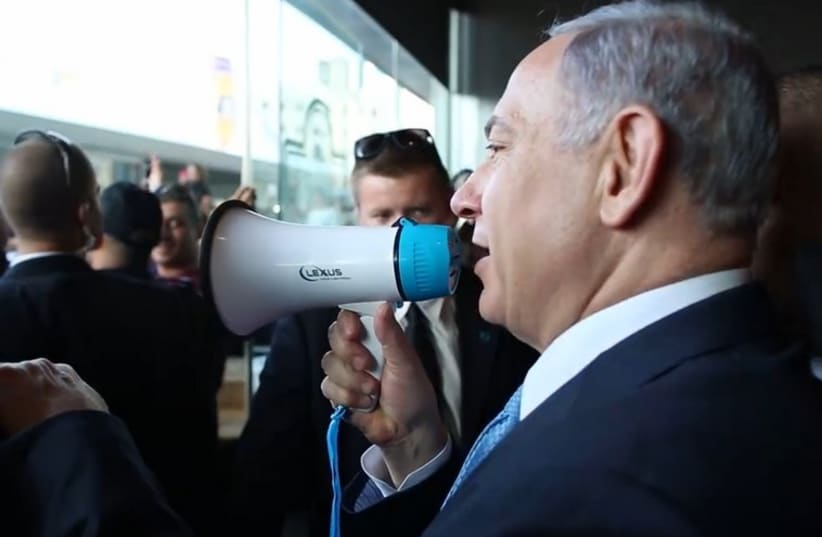Analysis: With new budget format, ‘King Bibi’ likely to reign longer than Ben-Gurion
Opposition leader Isaac Herzog (Zionist Union) was already negotiating his party’s joining of the coalition and a two-year budget is likely to motivate him to seal the deal.
